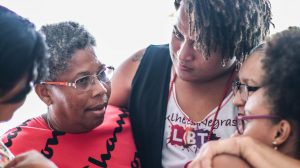
20 million women declare to have suffered some sort of violence perpetrated by men in Brazil. The organization SILO wants to use dialogue to bring voices together and strengthen communities.
-I was amazed by the wonderful nature of the rainforest and thought that this must be the perfect place for a dialogue training, says Christiane Seehausen, senior advisor at the Nansen Center for Peace and Dialogue, about her first meeting with Serrinha do Alambari in the state of Rio de Janeiro.
15 women and transwomen had come from many corners of the region to a dialogue training, in a small brick house, surrounded by green forest.
-The context was peaceful and respectful, but the content of our conversations during the week showed me how difficult it is for these women to transform their society from within, says Christiane.
Women working for a better direction
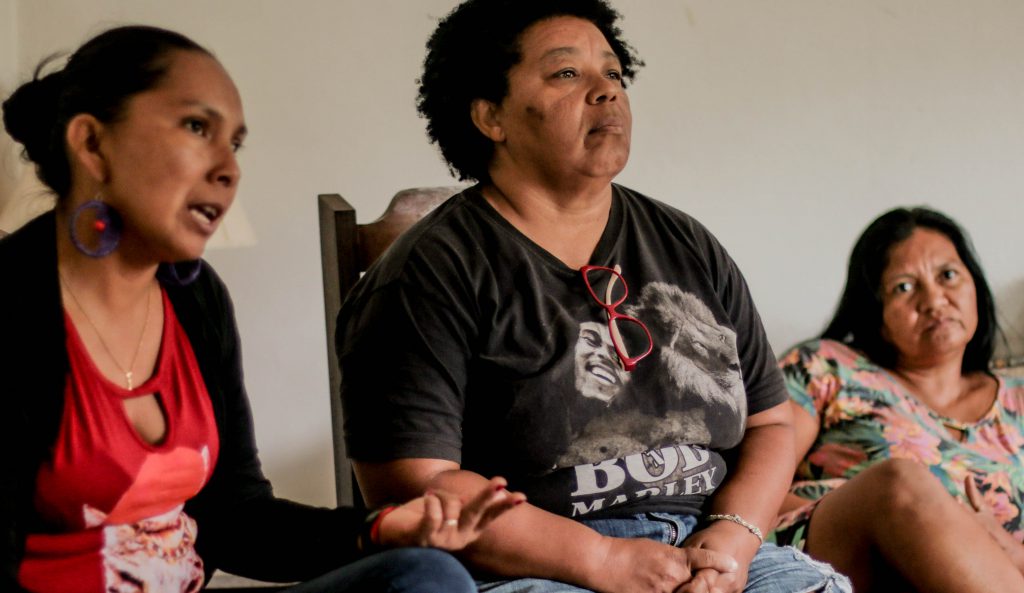
Women in Brazil are often victims of social and domestic violence, and in many cases the abuser is a man. Statistics are showing how serious the problem is:
There are more than 100 million women living in Brazil, and an estimate shows that 20 million declare to have suffered some sort of violence perpetrated by a man.
Brazil is one of the countries in the world with the highest prevalence of femicide (gender-motivated killing of women), according to ‘Mapa da Violência’, a study published by FLACSO in 2015.
The same study shows that the annual number of violent deaths of black women increased by 54 percent from 2003 to 2013.
To create a positive change has proven to be a huge challenge. The organization «SILO – Art and Rural Latitude» has decided to work in the small communities, and pointed out dialogue as a practical tool to support a better direction.
-We believe that dialogue can increase our resilience and make our networks stronger. It is a way to nurture trust and strengthen boundaries. We also believe that dialogue can be helpful in maintaining the health of people who are fighting for their rights, says Cinthia Mendonça, the leader of SILO.
-We simply need tools like dialogue to stay alive and healthy, she adds.
Better collaboration is achieved by the art of listening
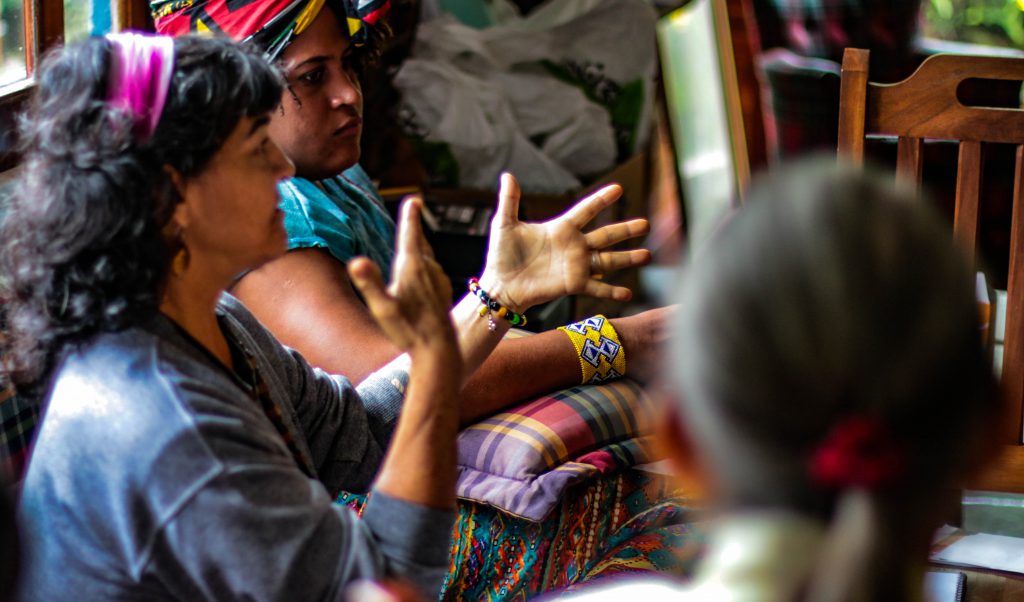
Social and domestic violence against women has been a big problem in Brazil for decades.
-Now we are worried that an already bad situation will become worse for women and minorities, as the country is facing increased polarization between groups, and polarization of thoughts and ideas. We are concerned, Mendonça continues.
She observes local women and minority groups struggling when working to claim for their basic human rights, such as security and housing.
-The communities operate in places with conflicts and much violence. Women are leading many resistance groups and are taking care of much emotional work, but who cares for these women, Mendonça asks.
She explains that dialogue can be useful when working with communities, to create social change and connecting communities to the work for peace.
-During the training we managed to create an awareness of the value of respect even though we disagree. Avoiding conflicts within the group is among the outcomes after the dialogue training. Better collaboration is achieved by becoming more aware of the art of listening, Cinthia says.
Achieving self confidence
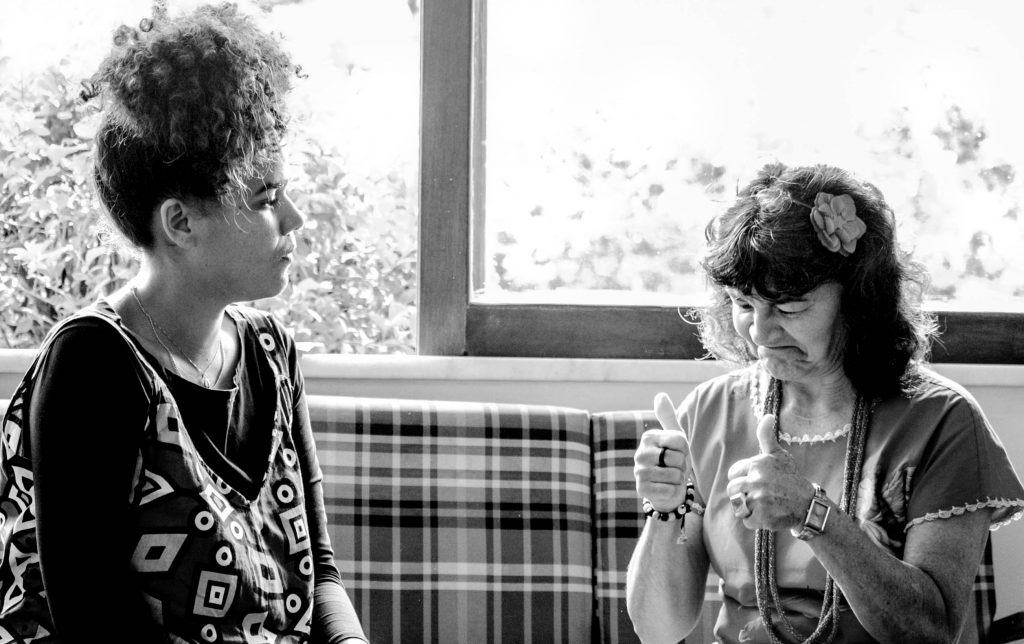
Safe spaces are needed all across the country, to arrange dialogue and exchange knowledge, thoughts and ideas. There is a lack of trust between people and institutions, and those with no power or who are under threat, need to meet others to find better solutions and support, according to the leader for SILO.
Senior advisor Christiane Seehausen from the Nansen Center for Peace and Dialogue was leading the training that found place in the beginning of 2019.
-The women were strong and very dedicated, Seehausen says.
-I could see how the training was strengthening their self confidence. Cinthia and her team did a wonderful job in recruiting participants who need these tools.
Seehausen has been working with similar women groups in many other countries, such as Colombia, Kenya, Iraq and Norway.
-Working with women groups feels extremely meaningful. Many struggle so much for being heard. In dialogue they are heard, they feel empowered, stronger and energized to continue on their respective struggles for equality and social justice. We hope these events will continue in many other locations in the American continent, finalizes the dialogue advisor.
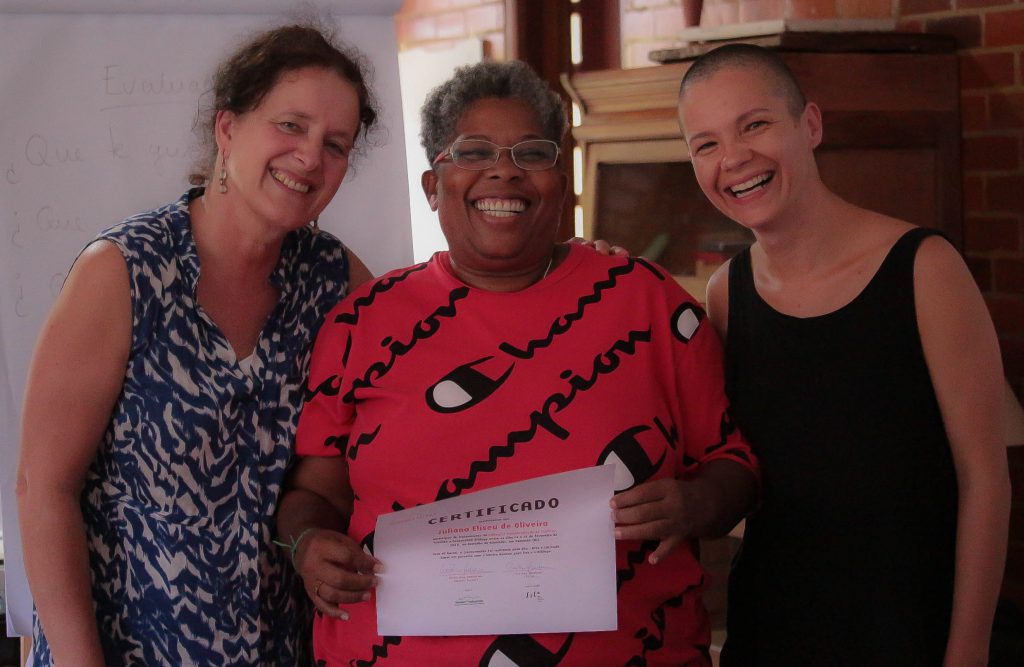
Text: Nansen Center for Peace and Dialogue
Photo: Luísa Ritter / SILO – Art and Rural Latitude
Published: June 3rd 2019